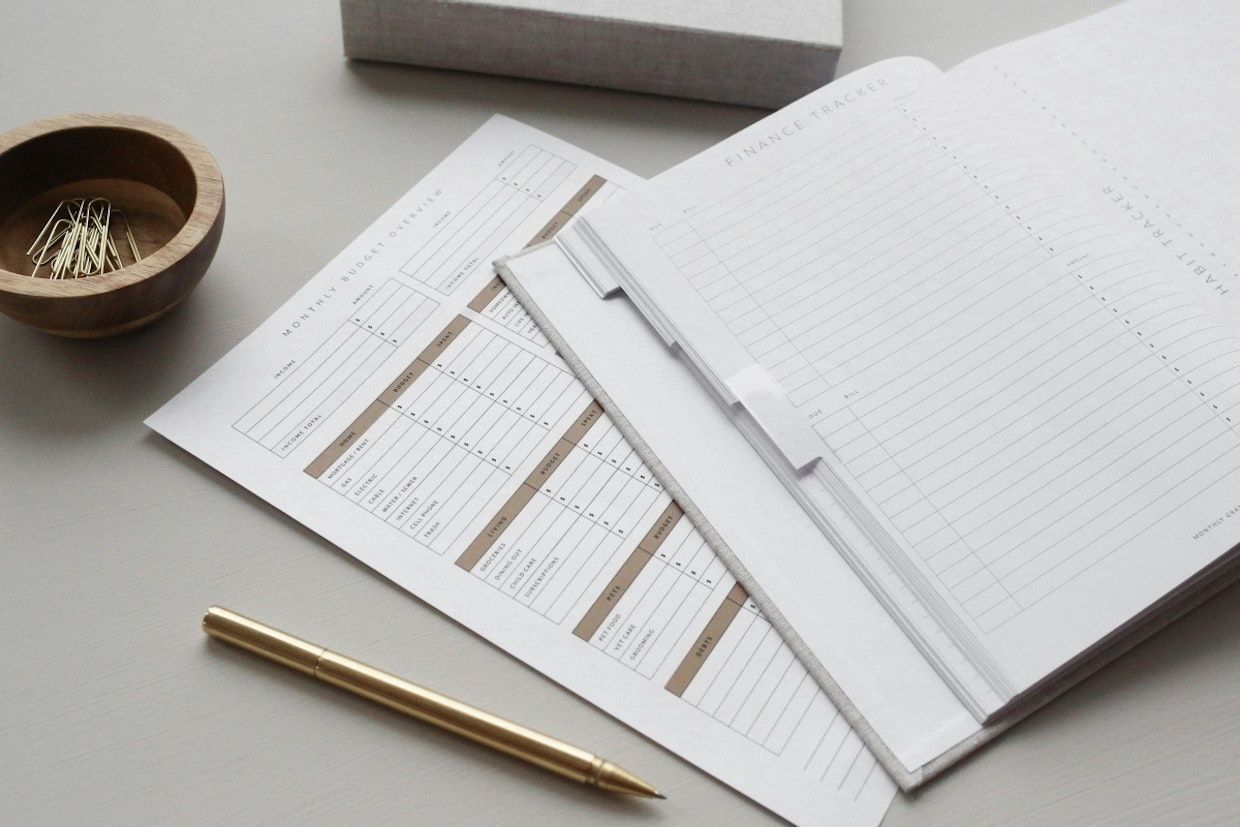Changes to Companies House filings: say goodbye to abridged accounts!
The Economic Crime and Corporate Transparency Act became law in 2023. But as the goals of the Act progress, it’s bringing about a number of different changes to accounts filing.
The aim of the Act was to strengthen the role of Companies House and the UK business environment, support national security and disrupt economic crime. At the same time, the Act helps to deliver a more reliable companies register to underpin UK business activity.
These are all excellent aims. But one outcome of these changes to Companies House procedure is a major change to the way small and micro businesses file their accounts.
Let’s look in more detail at what this could mean for your accounts.

Filing of abridged accounts to be phased out
From 1 April 2027, Companies House will change the way that small and micro-entity companies file their accounts.
Currently, small, micro and dormant companies can file what are known as ‘abridged accounts’ with Companies House. These abridged accounts contain a simplified balance sheet and any notes needed to give context to the figures in the balance sheet.
From 2027, these abridged accounts will be replaced with more detailed accounts:
- Micro-entities will be required to file a copy of their balance sheet and profit and loss account.
- Small companies will be required to file a copy of the balance sheet, directors’ report, auditor’s report (unless exempt) and profit and loss account.
Companies will no longer be able to prepare and file ‘abridged’ accounts.
This means your micro, small or dormant company will need to prepare far more detailed accounts, including the inclusion of a profit and loss (P&L) report for the first time.
All filing of accounts to be made with commercial software
Another measure brought about by the Economic Crime and Corporate Transparency Act is the desire to modernise and digitise the UK’s filing routes.
From 1 April 2027, all accounts must be filed directly with Companies House using commercial software. All web and paper routes will be closed for accounts filings – but will remain open for other statutory filings.
Get ready for detailed accounts and commercial software filing
If you’re using cloud accounting software like Xero, QuickBooks or Sage, this change isn’t a significant hurdle. But if your company has been relying on Excel spreadsheets or paper ledgers, there’s now a real imperative to move to commercial accounting software.
Talk to our team about the changes to Companies House filing and the steps you’ll need to take to produce the required accounts – and file them with commercially available software.



